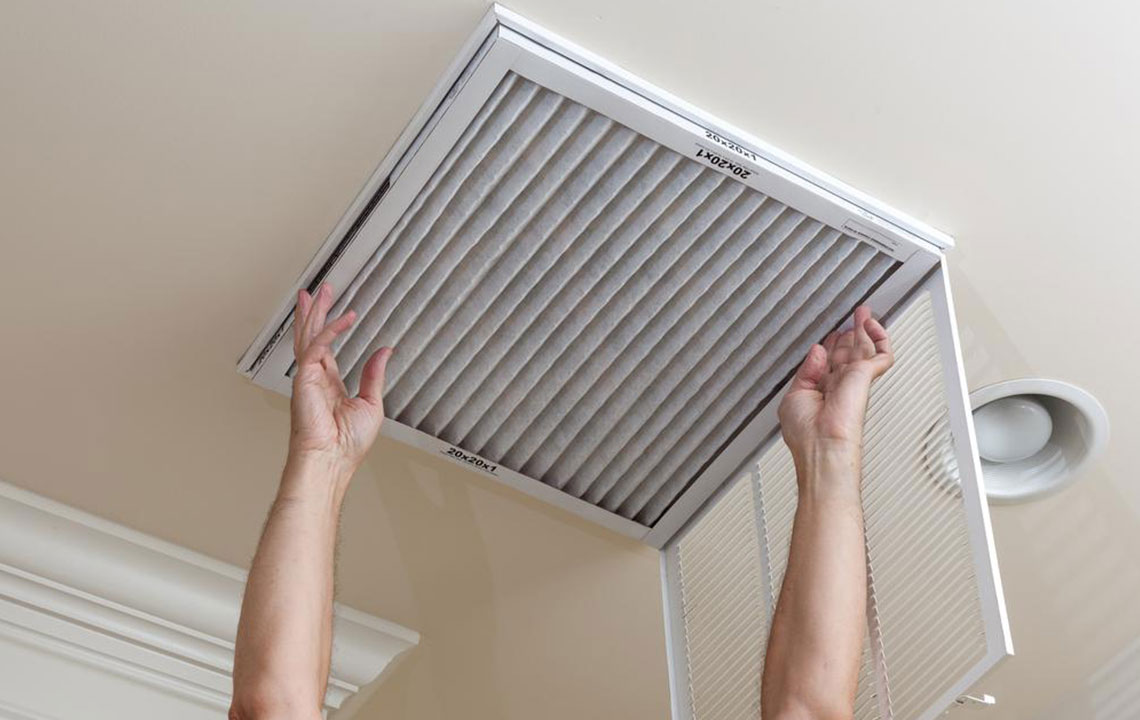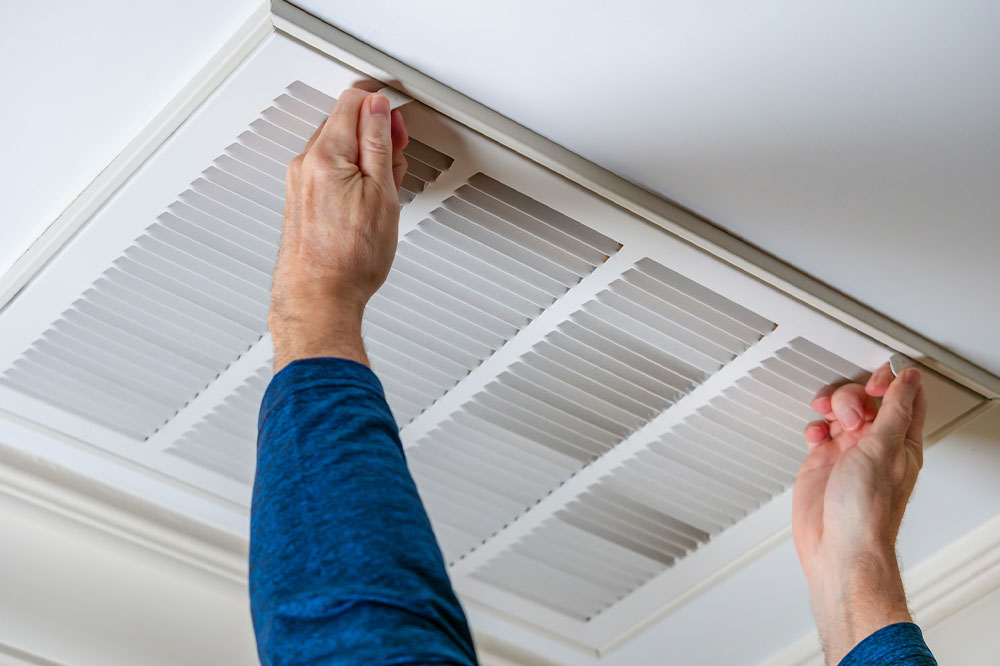3 primary benefits of frequently changing air filters
The HVAC systems in our homes use air filters to trap dust mites, debris, allergens, and bacteria and prevent them from entering our home. With time, the air filter can get clogged up and become inefficient. It is, therefore, necessary to change air filters in the HVAC systems on a frequent basis, the benefits of which are mentioned below.
Increased operational efficiency
An air filter that gets clogged up with dust and dirt is just like a clogged up drain in your kitchen.

Reduced energy costs
A clogged air filter will make the entire HVAC system less efficient, forcing it to work harder and consume more energy for the same in the process. More energy consumed will automatically translate to higher electricity bills at the end of the month. Changing air filters on the HVAC system more frequently can prevent your electricity bills from skyrocketing and bring down your energy costs by at least 10 percent.
Prolonged life of HVAC system
Replacing the air filters in HVAC systems can also extend the life of the latter considerably. One of the main reasons for an HVAC system to break down is often a dirty air filter. Accumulation of dirt in the filter prevents air from passing through, thus overheating the system and causing the motor to work harder. This eventually leads to the breakdown of the entire system, following which you would need to either replace the damaged components or replace the HVAC system. You can easily prevent this from occurring by changing the air filters in the system on a regular basis.




